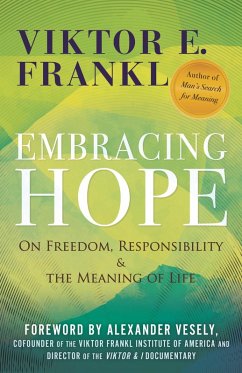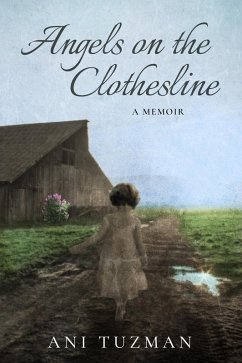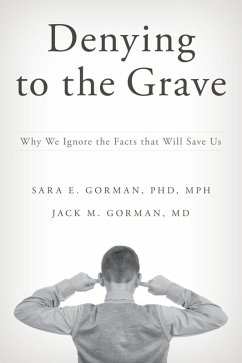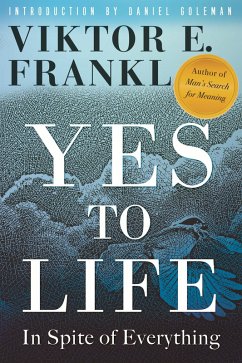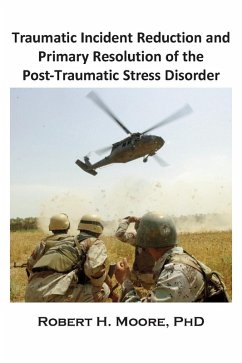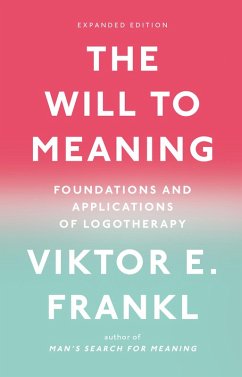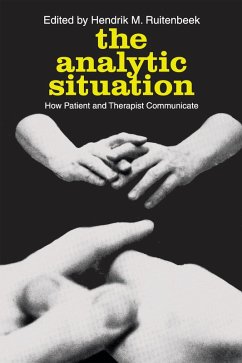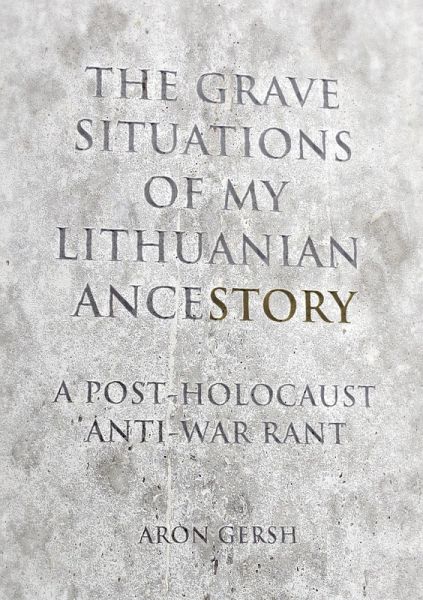
The Grave Situation of My Lithuanian AnceStory - an Anti-War, Post-Holocaust Experience. (eBook, ePUB)

PAYBACK Punkte
0 °P sammeln!
I knew only the barest details of my Jewish family's Holocaust past in Lithuania and Germany. Luckily, 55 years after the war, in the year 2000, my uncle and his wife, both survivors with their separate and together stories, wrote a book about it in Hebrew, entitled "The Tears don't Count the Years". It was only in December 2018 that I had that translated into English and, as there were so many place names, and because the Iron Curtain has been pulled aside and Lithuania can now be visited easily, I decided to visit some of the sites of that sad and painful history. This book is about my exper...
I knew only the barest details of my Jewish family's Holocaust past in Lithuania and Germany. Luckily, 55 years after the war, in the year 2000, my uncle and his wife, both survivors with their separate and together stories, wrote a book about it in Hebrew, entitled "The Tears don't Count the Years". It was only in December 2018 that I had that translated into English and, as there were so many place names, and because the Iron Curtain has been pulled aside and Lithuania can now be visited easily, I decided to visit some of the sites of that sad and painful history. This book is about my experiences on that journey. I learned something too about the horrors the Lithuanians themselves experienced both under the Nazis during WWII as well as from the Russian Soviet Union in the years after the war -the deportations to labour camps in Siberia, the functioning of totally paranoid, sick KGB supposed "Committee for State Security", which I suggest made the state one of the most Insecure and inhuman states to live. Seeing and hearing the stupidity of the reasons given for all this human cruelty, I rant and rave about the unbelievable devastation brought about by allowing pure primitive pathological human nature to dominate our relations with each other on this, our only planet. It's all about a failure to love and appreciate each other. Those who have directly experienced any of the many mass murders of the previous generation and survived to tell the tale had sufferings most of us can only vaguely imagine, much as we might sense the absolute pain and horror and suffering. For those poor souls the memory of their horrors stays on in their bodies as Post Traumatic Stress Reactions - what we should perhaps better call "bad memories". For those of us who are the next generation of both the dead and the survivors, their memories are just stories to us. We may feel a deep sense of pain and empathy, but nothing we feel can compare with what they went through. So it becomes a question mark as to whether our experience of their stories are stories worth telling? Their pain and their stories sit with us in unique ways. We have feelings and we have thoughts. Are they worth sharing? Contemporary folk who have not had their direct descendants experience anything so remotely horrible seem unable to relate to our current experiences. "Why don't you forget the past", they might appeal, "Why can't you let it go?" I could give reasons why, write out a seemingly rational argument. But I would rather let this book be the answer in itself. Those who will privilege me with their reading of this can decide that answer for themselves.
Dieser Download kann aus rechtlichen Gründen nur mit Rechnungsadresse in A, B, CY, CZ, D, DK, EW, E, FIN, F, GR, H, IRL, I, LT, L, LR, M, NL, PL, P, R, S, SLO, SK ausgeliefert werden.





